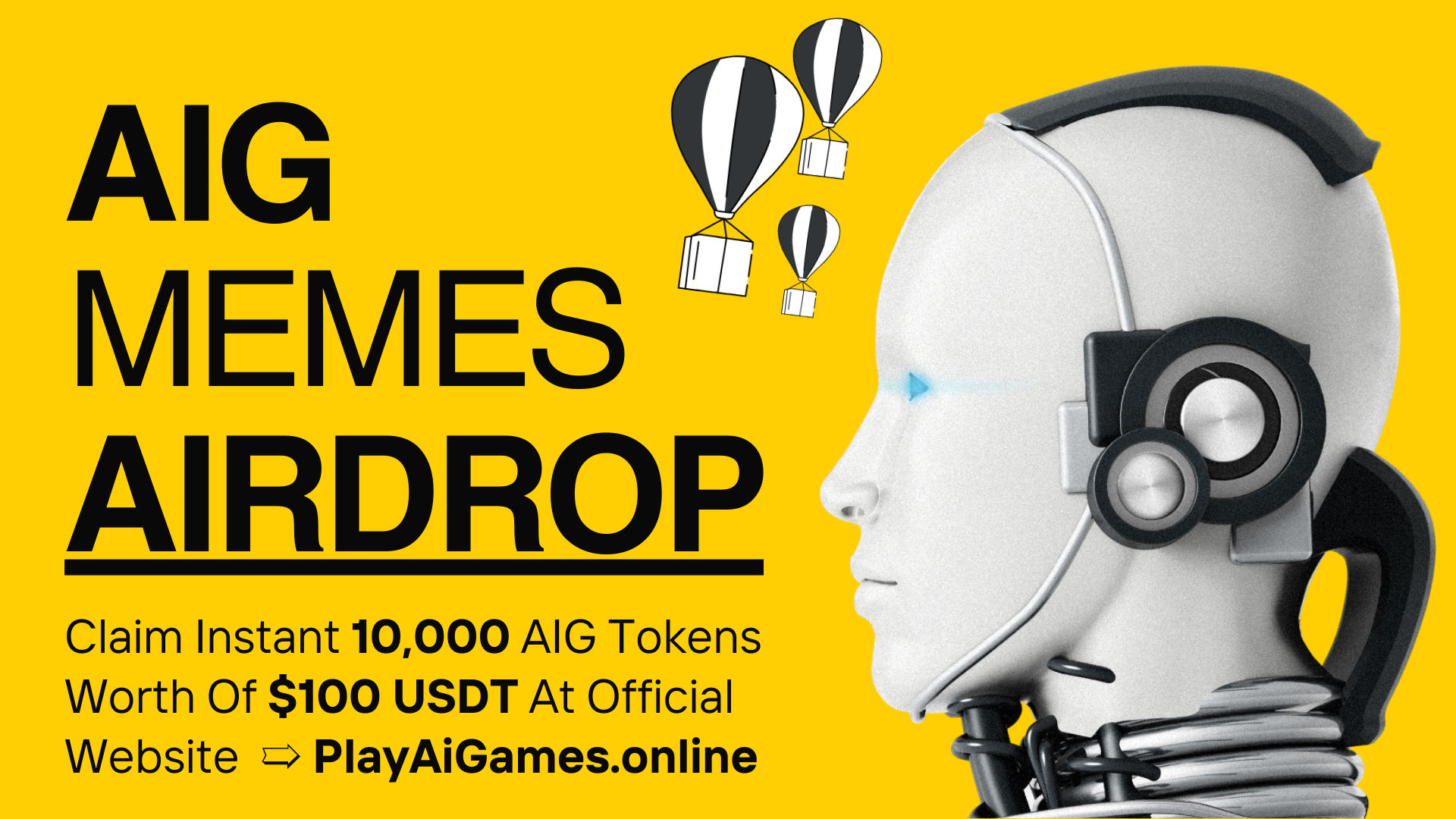- Ethereum rivals are finding ways of addressing the scalability problem that hinders faster transactions and is costly.
- Every site has its benefits to offer starting from Polygon which is based on layer-2 scaling to Polkadot which is based on interoperability.
- These competitors exist due to the fast-growing nature of the blockchain industry and the prospects for new developments.
A new breed of blockchain platforms has emerged in the crypto space comprising Polygon, Avalanche, Polkadot, Algorand, and Arbitrum all of which compete with Ethereum. These platforms have specific attributes, challenges with scalability, and advanced approaches to enhance transactions, costs, and efficiency of networks. These are considered good platforms for decentralized applications and NFTs as demands for both increase.
Polygon: Scaling Ethereum’s Potential
This has made Polygon become one of the most prominent layer-2 scaling solutions for Ethereum. The new strategy in dealing with network congestion and high gas fees has attracted the eyes of the developers and users. The ability of Polygon to integrate well with Ethereum has helped many dApps transition easily into the network and is also a factor in its growth.
Avalanche: Rapid Consensus and Subnets
Avalanche also seems to have become one of the leaders in the consensus mechanisms which only proves that the project has a very high potential to succeed in the future. The finality of the platform to ensure all transactions within a platform are under two seconds is what has attracted projects with many transactions to use the platform. At the same time, Avalanche subnet design opens up opportunities for creating configurable blockchains, which present unparalleled potential for varying applications.
Polkadot: Interoperability at Its Core
Unlike most Ethereum competitors, Polkadot’s approach is entirely unorthodox for the world of blockchain interoperability. The paradrop offers the means of efficient interaction with other chains in the system in the case of the platform. This interconnectivity has helped to build synergies and cohesiveness within and between various blockchain projects. This makes the Advanced Decentralized Web more functional than before.
Algorand: Pure Proof-of-Stake and Smart Contracts
Algorand, which depends completely on the proof of stake consensus, has recently received attention for its efficiency in terms of energy consumption and security. This has made it preferable for financial applications due to the flexibility to carry out many transactions while remaining decentralized. With the recent addition of smart contract support, there are even more viable applications for the Algorand blockchain.
Read CRYPTONEWSLAND on
google news
Arbitrum: Optimistic Rollups for Ethereum Scaling
With optimistic rollups, Arbitrum has bestowed a groundbreaking solution for Ethereum’s issue of scalability. The following are the main features: lower transaction fees, higher throughput, and compatibility with Ethereum. Arbitrum has followed this strategy, which is now popular among developers with high-throughput Ethereum applications.
Crypto News Land, also abbreviated as “CNL”, is an independent media entity – we are not affiliated with any company in the blockchain and cryptocurrency industry. We aim to provide fresh and relevant content that will help build up the crypto space since we believe in its potential to impact the world for the better. All of our news sources are credible and accurate as we know it, although we do not make any warranty as to the validity of their statements as well as their motive behind it. While we make sure to double-check the veracity of information from our sources, we do not make any assurances as to the timeliness and completeness of any information in our website as provided by our sources. Moreover, we disclaim any information on our website as investment or financial advice. We encourage all visitors to do your own research and consult with an expert in the relevant subject before making any investment or trading decision.











